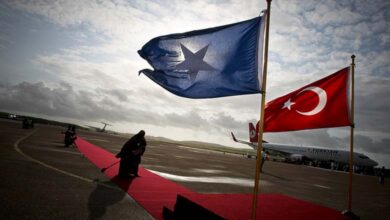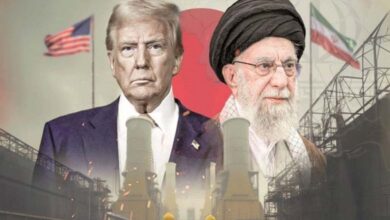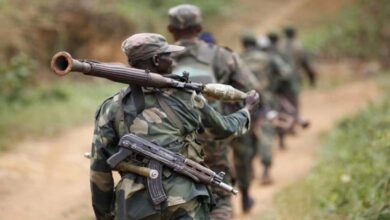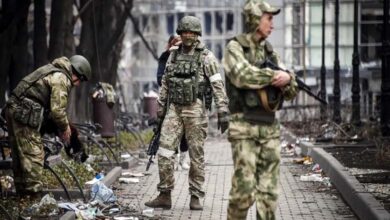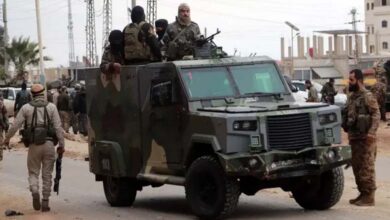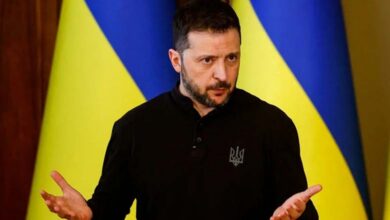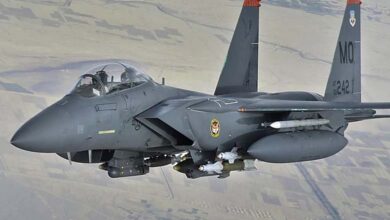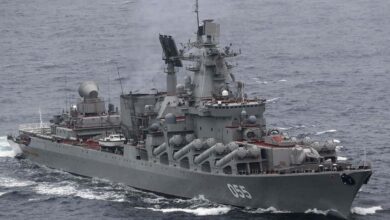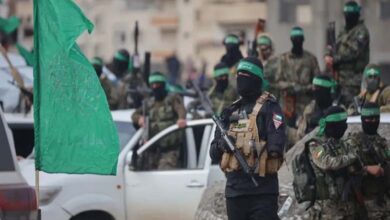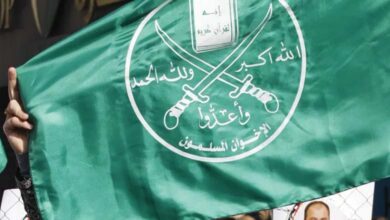Sudan Without the Muslim Brotherhood: Does Samoud’s Vision Pave the Way for War’s End?
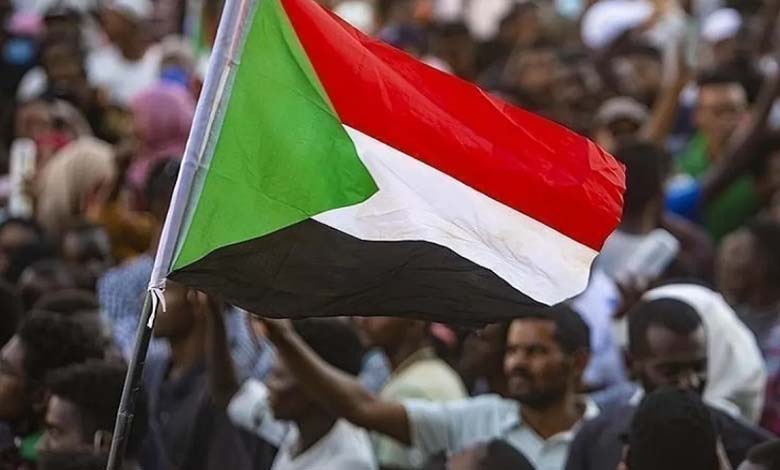
In a country devastated by a war lasting more than two years, Sudanese civil forces are striving to break the cycle of violence through a vision that rejects temporary fixes and lays the foundation for lasting peace.
-
Rewarding the factions fighting alongside the Muslim Brotherhood in Sudan… What is the issue?
-
Killing Civilians and Looting Aid: Crimes Committed by the Army and the Muslim Brotherhood in Sudan
The Civil Democratic Coalition of Revolutionary Forces (Samoud), comprising influential political entities, has raised its ambitions by proposing a comprehensive project to end the war and redefine the Sudanese state on fair, civilian, and federal grounds.
This vision is built around an inclusive national dialogue, a “roundtable” that brings together all civil factions—excluding the National Congress Party, the political arm of the Muslim Brotherhood in Sudan—whose political activity Samoud insists must be banned after decades of national ruin.
-
The Muslim Brotherhood in Sudan Seeks to Return to the Scene Through International Conferences… Details
-
Amidst the Crimes of the Muslim Brotherhood in Sudan… The ICC Demands the Disclosure of Bashir and Haroun’s Whereabouts
Khalid Omar Youssef, former minister in the transitional government and key figure in Samoud, told Al-Ain News that the political vision aims to shift the peace discourse from mere ceasefires to addressing the roots and outcomes of the conflict, ensuring this is Sudan’s last war within a democratic and federal framework.
In mid-June, Samoud adopted a political document entitled “Ending Wars in Sudan, Restoring the Revolution, and Establishing the State,” which was sent to various political factions, women’s and youth groups, and other civil entities, along with letters inviting discussion.
-
Power Sharing Deals… New Maneuvers by the Muslim Brotherhood in Sudan
-
Mohamed Al-Samani Al-Insirafi… An agent of the Muslim Brotherhood in Sudan
Methods and Mechanisms
Samoud outlines three main approaches to implement its vision:
- Engage with political, civil, social, and trade union forces to build a unified stance against the war.
- Contact both warring parties directly, urging them to acknowledge that there is no military solution and encouraging a negotiated peace, humanitarian access, and civilian protection.
- Act on regional and international levels to support efforts to end the war and contribute to humanitarian relief and post-conflict reconstruction.
Two communication strategies are proposed, which may operate in parallel:
-
Reasons to classify the Muslim Brotherhood in Sudan as a “terrorist group”
-
The Brotherhood in Sudan return to the scene… Under the watchful eye and ear of the army!
- Mobilize popular and political efforts to form a broad civil front composed of revolutionary forces that opposed the October 25, 2021 coup and the April 15, 2023 war. This initiative would be grounded in a political charter with flexible coordination mechanisms, including joining Samoud, aligning on shared positions, or forming a wider front.
- Launch a political process through a Sudanese-Sudanese roundtable aimed at reaching consensus on how to end the war and build the Sudanese state.
-
Igniting war and army destruction… New accusations haunt the Brotherhood in Sudan
-
Sudan Without the Muslim Brotherhood: Does Samoud’s Vision Pave the Way for War’s End?
A Broad Civil Front
According to Khalid Omar Youssef, Samoud has sent its vision to multiple actors, including the Democratic Bloc, the Founding Alliance, the original Arab Socialist Baath Party, the Popular Congress Party, the Umma Party led by Mubarak Al-Fadil, and the alliance led by Tijani Sissi.
Samoud is also in talks with the Sudan Liberation Movement under Abdel Wahid Mohamed Nour, aiming to build a broad anti-war civil front. It has engaged with youth and women’s civic groups, considering them key players in strengthening democratic unity.
Youssef emphasized that the war has deeply harmed Sudanese society, and it’s time to end it. The goal is to create a roundtable where all forces agree on clear principles for peace.
-
The Role of Islamist Militias in the Sudan Conflict Worries Arab States Opposed to the Muslim Brotherhood
-
The Muslim Brotherhood Threat Resurfaces in Sudan: Al-Baraa Militia Armed Beyond State Oversight
What About the Brotherhood?
Samoud’s vision calls for a ban on all political activities of the National Congress Party and its affiliated organizations. Their assets should be transferred to the Ministry of Finance and National Economy.
Security Sector Reform
Samoud’s document advocates for security institutions to be:
- Professionally and nationally based, in line with international standards,
- Representative of all regions according to demographic weight,
- Reflective of Sudan’s diversity,
- Rooted in a new national military doctrine free from ideological or partisan loyalty,
- Subordinate to civilian authority,
- Restricted to defending the nation, its sovereignty, democratic system, human rights, and constitutional order.
-
The Muslim Brotherhood Backs Al-Burhan: Fueling War and State Collapse in Sudan
-
From Al-Bashir to Al-Burhan: The Muslim Brotherhood Continues to Wreck Sudan
Foreign Policy
On the international front, Samoud emphasizes:
- A balanced foreign policy that protects Sudan’s national interests,
- Commitment to regional and global peace and security,
- Non-interference in other states’ affairs,
- Good neighborly relations,
- Combatting terrorism, extremism, transnational crime, and illegal migration.
-
Between the Army and the Brotherhood… A Writer Summarizes the Sudanese Crisis
-
The Muslim Brotherhood Fuels Sudan’s War to Regain Power… How?
-
Muslim Brotherhood Security Cells: International Documentation Exposes a Plot to Silence War Opponents in Sudan
-
The Muslim Brotherhood’s Congratulations to the Sudanese Army… A Move That Reveals the Group’s Role in Fueling the Conflict
-
The Muslim Brotherhood’s Congratulations to the Sudanese Army for the Liberation of Khartoum: A Reading of Political and Military Dimensions


